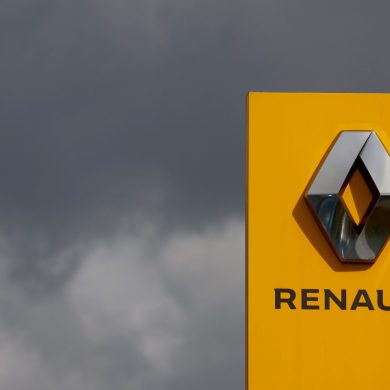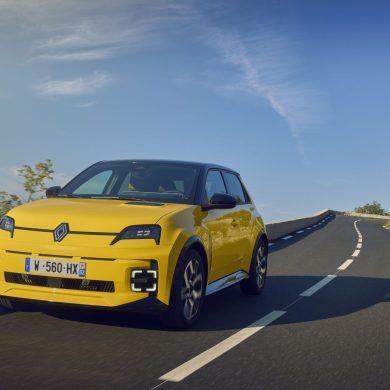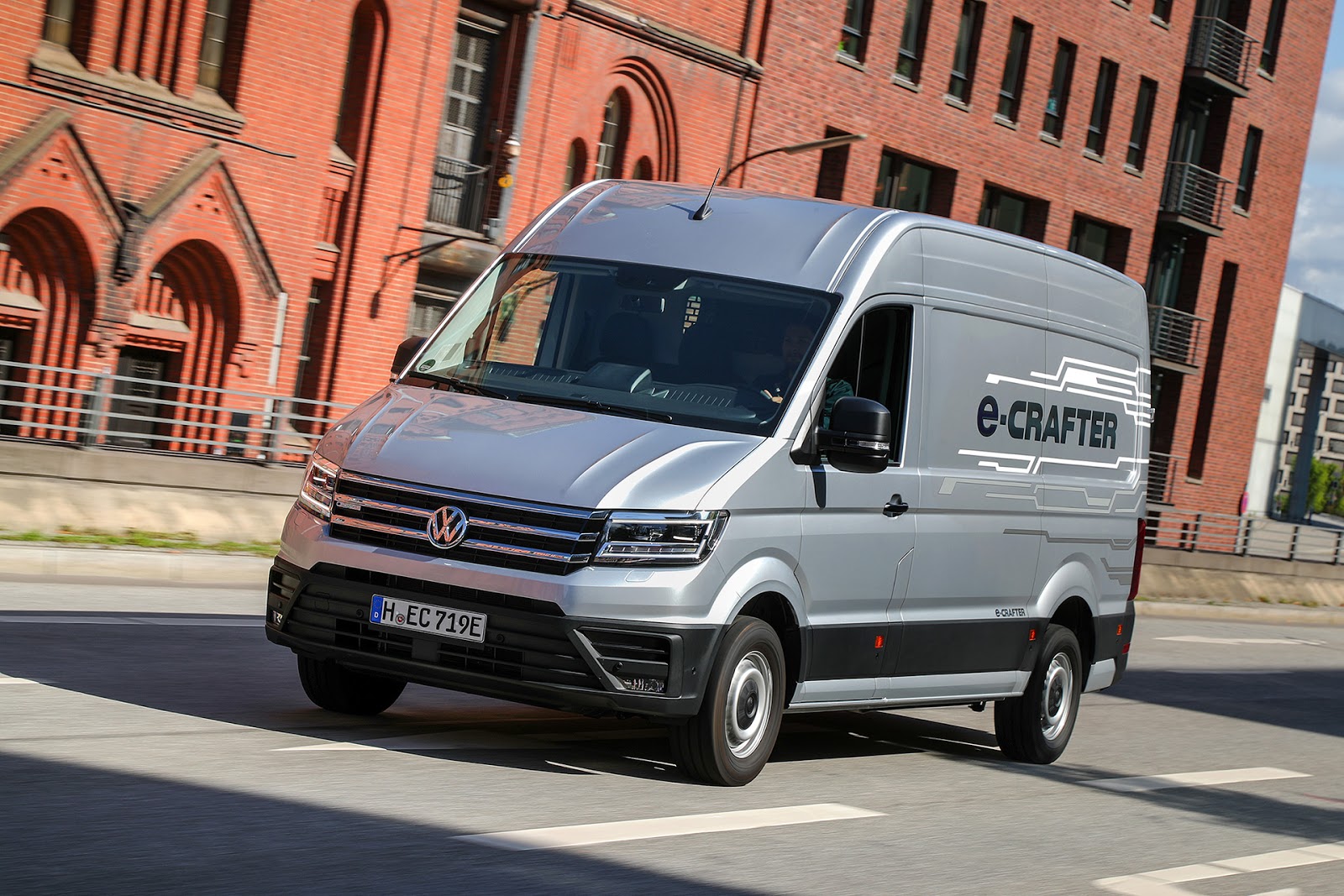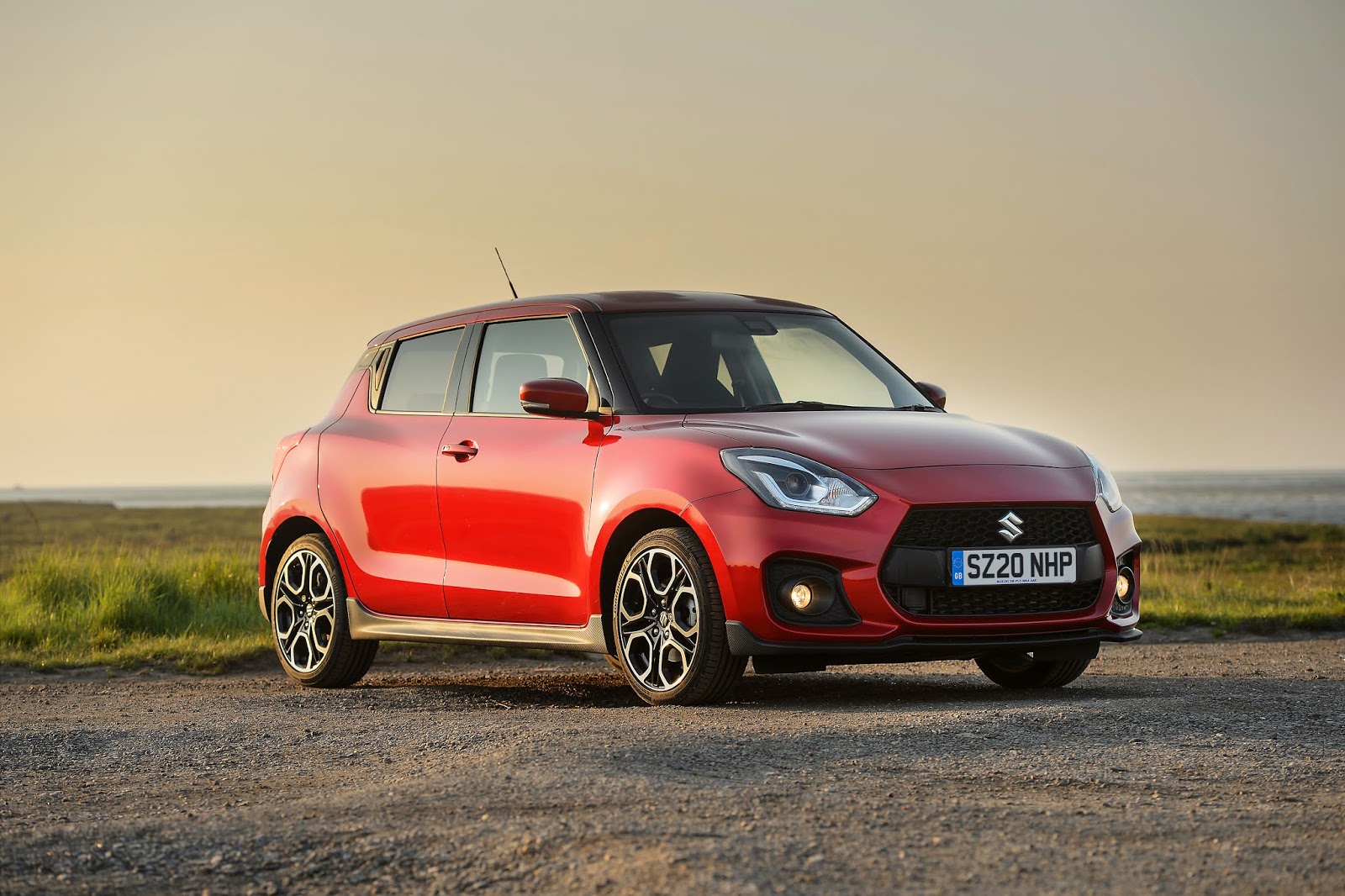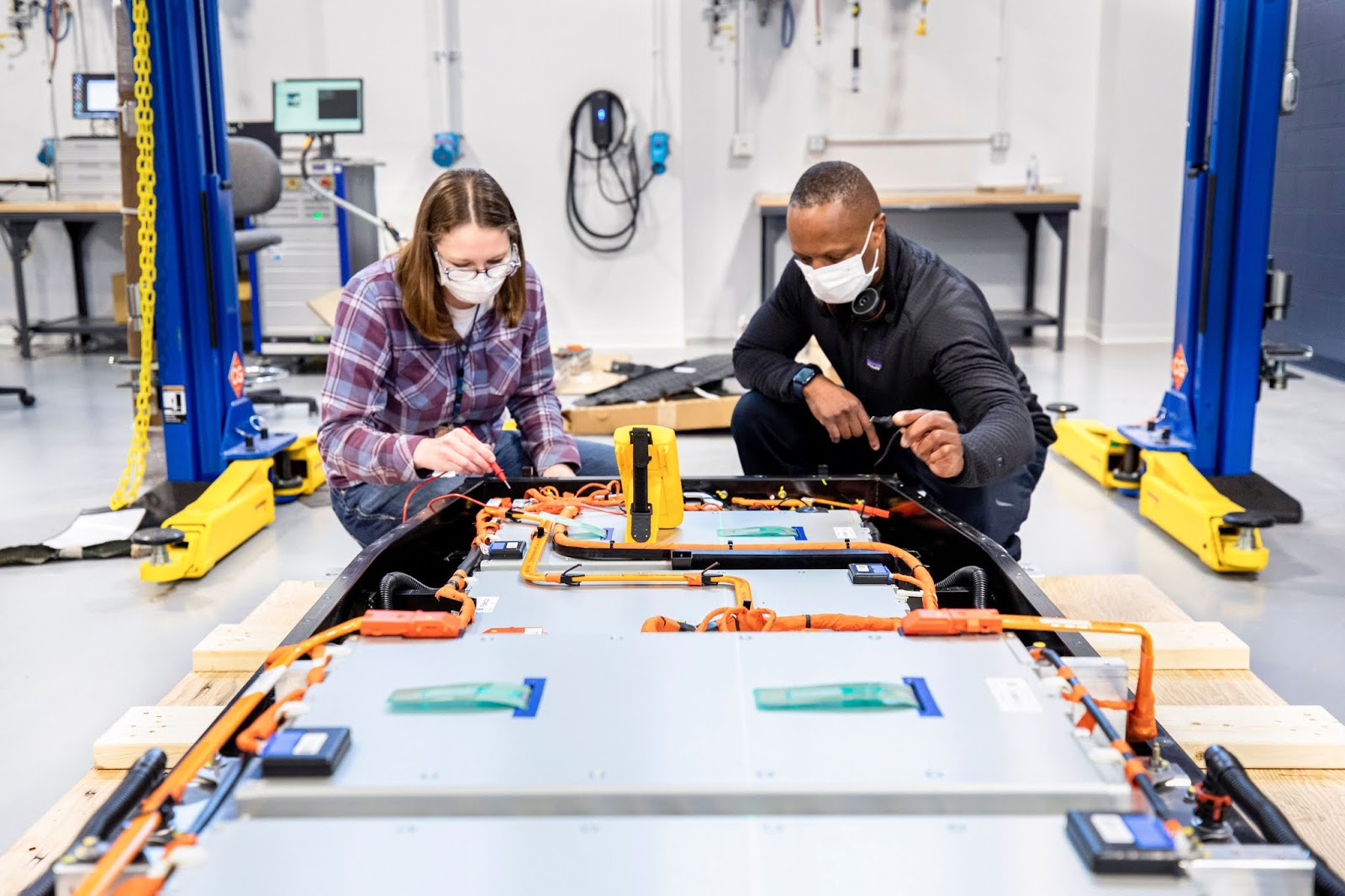
Η Ford announced the establishment
a new, global centre of excellence called Ford Ion Park with a view to accelerating the
research and development in the field of batteries, as well as in battery technology
cells, including their future production.
"We are already expanding
the production of pure electric vehicles around the world as more and more
customers experience and desire the benefits of zero-emission electrification"
said the Hau Thai–Tang, chief product platform & operations officer of Ford. "Investing in more research and development will help us
to speed up the process so that we can offer more, even better,
lower cost EV at
customers over time."
The company will exploit
almost two decades of expertise in this field, forming a team that is interdisciplinary team 150 specialists for the
battery development, research, manufacturing, design, supply, procurement, manufacturing, and
quality and their funding, which will help the Ford faster development and manufacturing of cells and
battery packs.
The team of Ford Ion Park Investigates
also better opportunities for integration and innovation in all aspects of the value chain
chain - from the extraction of raw materials to the recycling of batteries -
cooperating with all the teams of the Ford. These include key suppliers
and partners of the company, as well as experts from the new Battery Benchmarking & Test Laboratory and the Department of
Customer Service Ford.
"We are creating new tools and solutions needed for an affordable and
a better, carbon-free future," said the Thai–Tang said. "We are modernising the capabilities
development and production of batteries Ford to
we can better control the costs and variables in production so that
to expand it around the world with speed and quality."
The team of Ford Ion Park has
has already started its work. In addition, a collaborative lab in southeast Michigan that will work on
the development, testing and manufacture of cells and battery packs for vehicles
will open late next year after an investment of $185 million.
This 18,580 sqm state-of-the-art laboratory will include
equipment for the design and manufacture of electrodes, cells and arrays; and
will use advanced technology to pilot test new techniques
production that will allow the Ford To
rapidly expands revolutionary battery cell designs with innovative materials.
Ο Anand Sankaran will lead the team of Ford Ion Park as director. Available at
experience of 30 years, the veteran of the Ford utilizes in
its new position, the decades of experience in batteries and electrification
- ο Anand Sankaran is currently the company's director in the Electrified Systems Engineering, winner of the Henry Ford Technology Award in 1999 for his work on the
electrification in Ford Research Lab and product manager
evolution that applied its research and technical innovations to key areas of the
production vehicles of the company, such as the award-winning Escape Hybrid first generation, the 2021 Mustang Mach–E and in 2022 F-150 Hybrid.
Ο Sankaran also holds 32 US diplomas
patents on technologies related to hybrid vehicles and the
power electronics and is a fellow of the Institute of Electrical & Electronics Engineers.
"The modern journey of Ford in the area of EV started with the Escape Hybrid in 2004, the world's first hybrid SUV, and continues to this day with the ultimate goal of creating
uncompromising vehicles for a better world" said the Anand Sankaran.
Mission of the team Ford Ion Park is
the optimisation of batteries for customers with varying requirements - such as individuals
who use the car for daily commuting but also
performance enthusiasts and commercial vehicle fleet managers.
The team will use the feedback of customers to optimise technologies
in the batteries, which ensure the performance and capabilities that
appreciate more the owners of utility vehicles, trucks, commercial vehicles, and
and fleet managers. All this marks the
the creation of different batteries and technologies that offer both high performance and
towing capabilities; and off–road driving licences for holders of commercial vehicles, on the other hand
high efficiency in urban traffic conditions for fleet managers in
around the world.
A new laboratory will support the development work of the Ford Ion Park
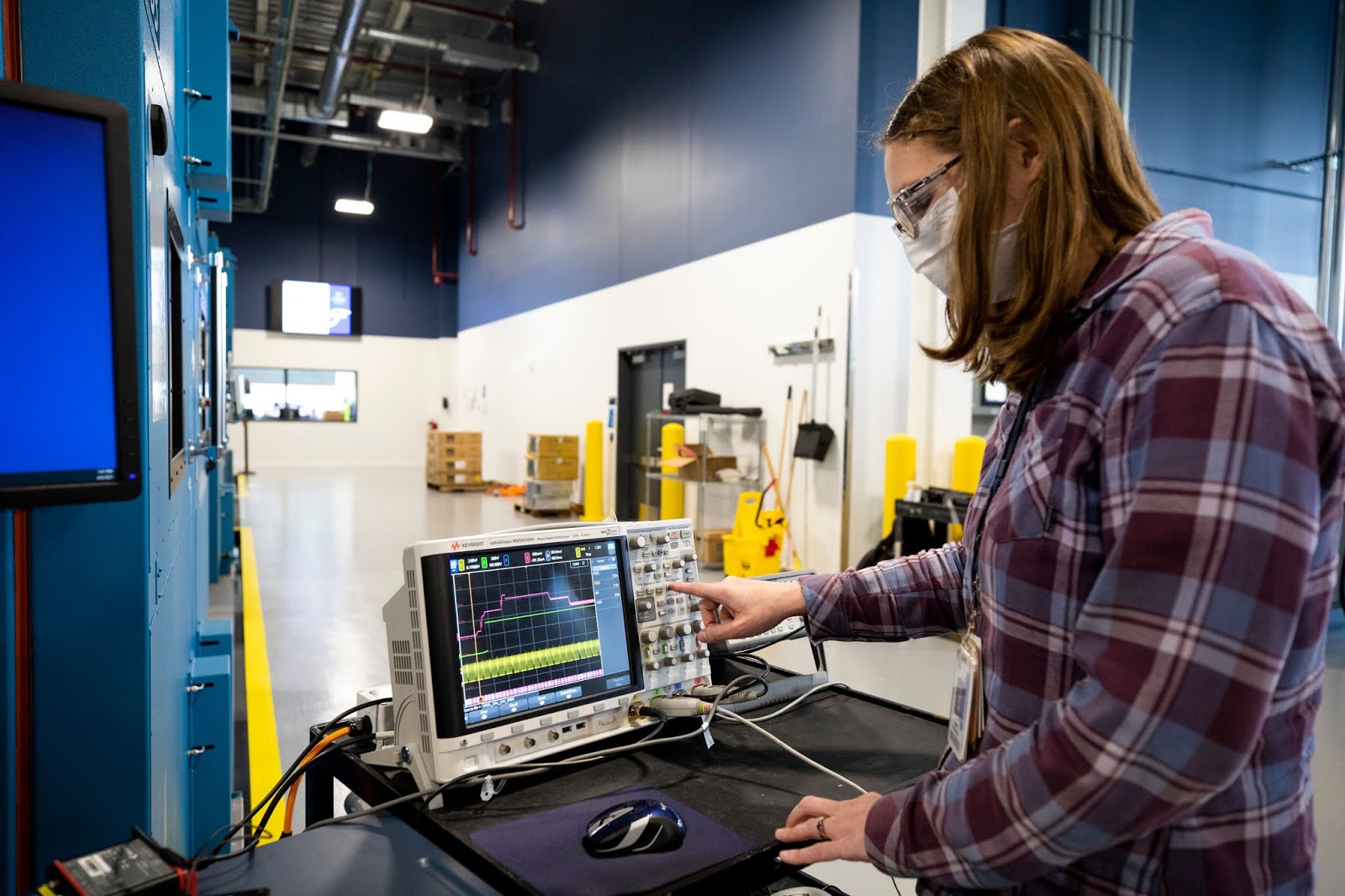
The new Battery Benchmarking & Test Laboratory of Ford at Allen Park of Michigan will help to quickly evaluate and test batteries with
the appropriate cells and chemical composition, which are expected to
power the increasingly wide range of electric models of theFord,
to meet the different needs of customers.
"While some manufacturers
cars have essentially limited their options, we will use
this workshop with the help of our partners and suppliers to
adapt the batteries to our vehicles and the needs of customers by investigating
solutions to next-generation lithium-ion batteries, as well as those
solid type" said the Sankaran.
The Battery Benchmarking & Test Laboratory of Ford which opened late last year
year, has 150 test chambers and 325 channels for development processes. The
experts of the laboratory, which covers an area of 17.187 sq.m. and represents
a $100 million investment, have already analyzed over 150 types of
Blister cells.
The advanced laboratory includes rooms for testing cells and arrays
batteries, test benches, and facilities that support the
validation of the design of the batteries, their calibration and the
evolution of units of different chemical composition. The laboratory team can
also replicate both the performance of mass-produced batteries under extreme
weather conditions. as well as scenarios of their use by the customer, accelerating
thus enabling their adoption in future vehicles.
Winning momentum
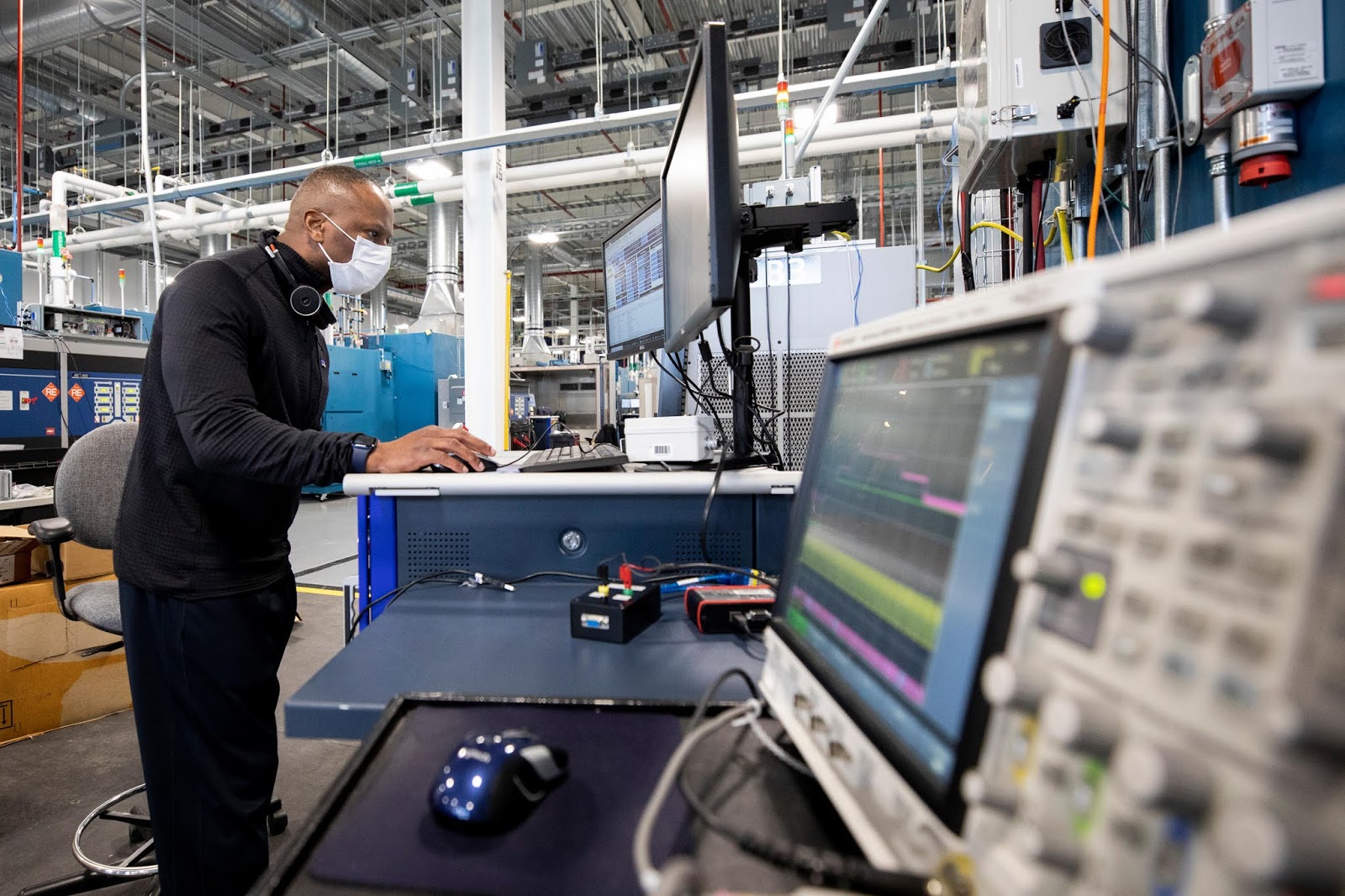
Η Ford announced this year its commitment
invest at least $22 billion by 2025 in the creation of connected,
electric vehicles, based on its tradition, starting with versions EV of its most popular models.
In North America, the Ford Mustang Mach–E already a great success, already since the launch
of its sales. In addition, the all-electric Ford Transit will start to be sold towards the end
of the year, with the all-electric F-150 to be expected
in mid-2022.
In Europe, the Ford is moving towards full electrification of its range by 2030, with the
its range of commercial vehicles to be 100% pollutant-free - with purely
electric or plug–in hybrid models - until 2024. Η Ford is also investing $1 billion in a new electric vehicle production centre
in Cologne, in which a mass-produced electric car will be built from 2023 onwards.
passenger vehicle for European customers.
China,
η Ford prepares the production of the Mustang Mach–E for local market customers later in the
in the year. Recently the company even announced the establishment of a division that
will deal with battery electric vehicles (BEV) and will already this year adopt a model and network
direct sales that will amount to 20 points in major cities across the
China. In addition, the Ford has worked with the State Grid & NIO in China to offer customers
electric car access to more than 300,000 public stations
charging, of which 160,000 are fast-charging, to more than
from 340 cities across the country.
Proven electrification expertise
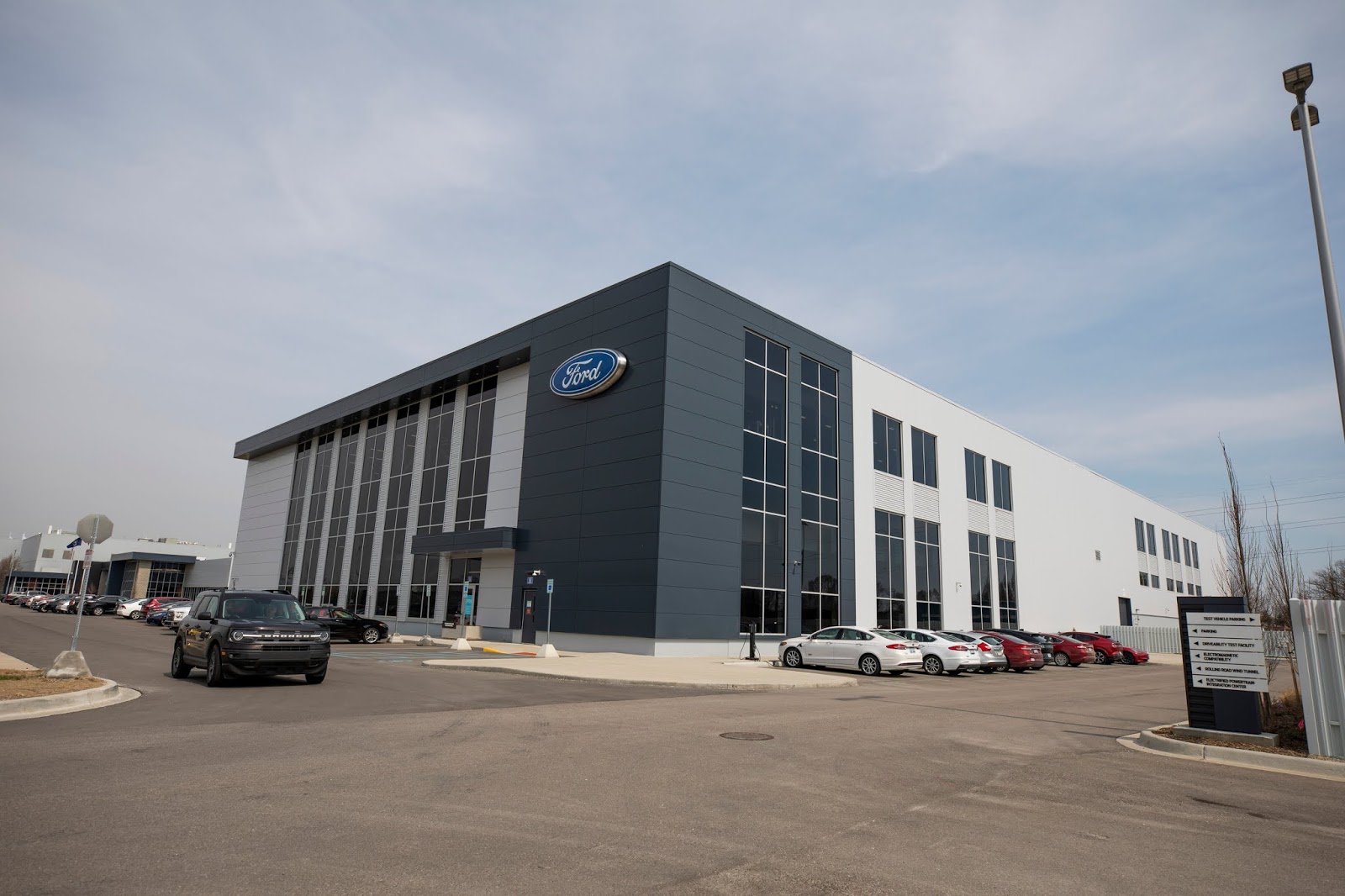
Η Ford is actively involved in research
in the battery sector as well as in electric vehicles, starting with the Henry Ford and the Thomas Edison. To date, the company has secured over
2,500 US patents on electrification technologies, while
an additional 4,300 patents are pending.
Since 2004, the Ford has
sold over 1 million hybrids, plug–in hybrid and pure electric vehicles and has
integrate four generations of batteries into its vehicles. By the end of the year,
the company will manufacture electric vehicles and supporting technologies
in more than 15 engine and vehicle assembly plants around the world.
the world.
Η Ford assembles hybrid systems
batteries and electric motors in Michigan since 2012 by launching in
specific state in 2010 its own centre of excellence for electrification
of its vehicles.
In the same year, the Ford invested
$135 million in the design, development and production of the above components
intended for hybrid vehicles. In addition to the recruitment of more than 50
engineers specialised in electric vehicles, this investment included
the creation of a total of 170 jobs both in the factory Rawsonville for the assembly of batteries, as well as in the
transmission systems manufacturing unit in the VanDyke for the assembly of electric motors.


